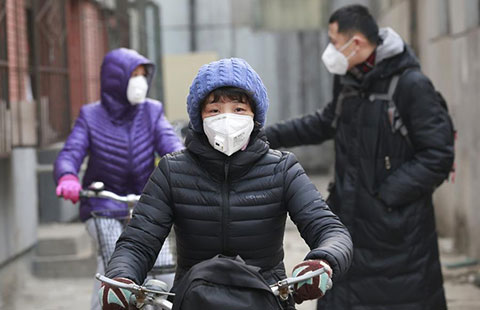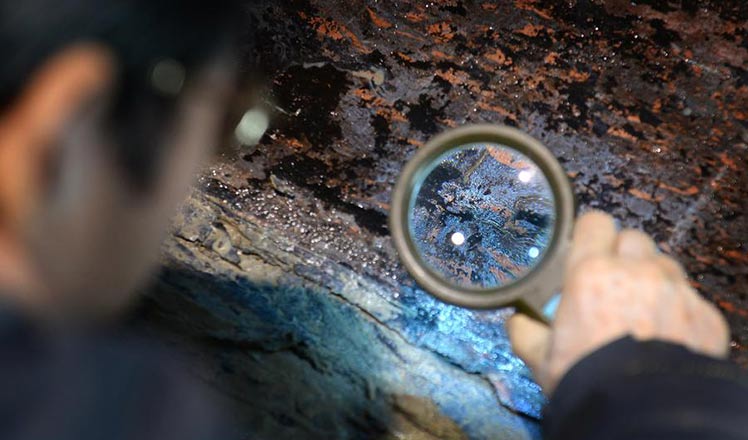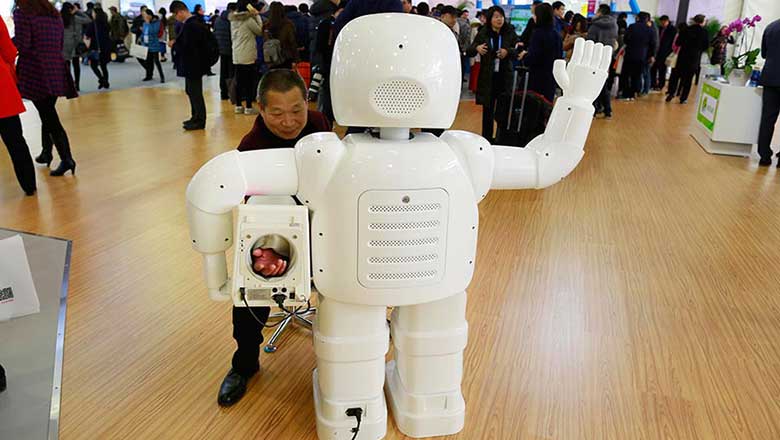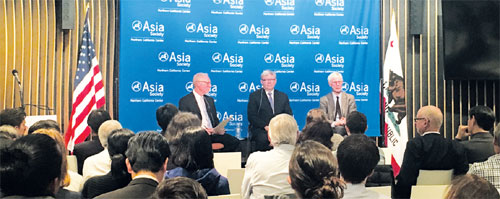Cooperation essential on climate: panel
Updated: 2015-12-22 11:19
By Lia Zhu in San Francisco(China Daily USA)
|
||||||||
The United States and China must play a central role in any meaningful global effort to address climate change, said experts at a panel discussion.
The panelists, featuring Kevin Rudd, president of the Asia Society Policy Institute, and Orville Schell, Arthur Ross Director of Asia Society's Center on US-China Relations, reflected on their impressions on the Paris climate change conference and looked critically at the current state of climate-change collaboration between the US and China.
The UN Climate Change Conference, which was held in Paris from Nov 30 to Dec 11, produced a landmark agreement, which commits nations, rich or poor, to cut back emissions of greenhouse gas to help tackle climate change.
Though not a legally binding treaty like the one reached at the Copenhagen conference, the Paris conference reached a "voluntary agreement", or a "largely aspirational agreement", in sense of "goodwill and that they really need to buckle down in order to get a lot by giving a little," Schell, who just returned from the Paris conference, said at a Dec 18 event in San Francisco organized by Asia Society in partnership with the World Affairs Council of Northern California.
"It's become harder and harder for nations to prize their international reputation to simply stand outside these arrangements," said Rudd, former Australian prime minister and foreign minister, who had also just returned from the Paris conference. "China doesn't want to be seen internationally as a global pariah state."
He said China was concerned domestically about carbon pollution in Beijing and other major cities, and the "deep-seated public reaction" over air pollution.
China decided that it could not just stand there and allow its global reputation to be trashed, he said.
Schell said China's climate negotiator Xie Zhenhua played a "pretty important role at the last moment".
"I think China wanted a real leadership role and didn't want to be the spoiler of this great effort," he said. "As a result, at the last minute when everybody was really exhausted, they (China) didn't play that developing-country card to a degree that it might have or did in previous years."
What brought the US and China together is the American recognition that "you can't walk away from this problem" and China's self-interest with carbon pollution and air pollution in cities, as well as "China's international reputation at stake as a third factor", said Rudd.
"This has been one of the most productive areas where the both sides have identified their common interest," he said.
Schell agreed, saying that "China and the US must find ways to cooperate" and that the pre-eminent area where they must find a way was climate change.
"Climate change is the great challenge of this century, and the most bedeviling problem that mankind has ever confronted," he said. "We have common interest here. But we are now slowly beginning to cover it and see it.
"Strangely, I hope climate change may and are being the great savior of the US-China relationship," said Schell, adding that President Barack Obama and President Xi Jinping have seen this, too, despite the differences between the two countries.
"There's one thing you need to remember: The climate change problem won't be solved if the US and China don't get together," he told the audience.
liazhu@chinadailyusa.com
|
Kevin Rudd (center), president of the Asia Society Policy Institute, and Orville Schell (right), the Arthur Ross Director of Asia Society's Center on U.S.-China Relations, reflect on the commitments made by both the United States and China to tackle climate change, at a panel discussion held on Dec 18 in San Francisco by Asia Society in partnership with the World Affairs Council of Northern California. Lia Zhu / China Daily |

 Whatever the shape or size of a tree, Merry Christmas!
Whatever the shape or size of a tree, Merry Christmas!
 The world in photos: Dec 14 - 20
The world in photos: Dec 14 - 20
 First American woman who works as captain for a Chinese airline
First American woman who works as captain for a Chinese airline
 Life of a family amid Beijing's red alert smog
Life of a family amid Beijing's red alert smog
 External coffin lid of 2,000-year-old Chinese tomb opened
External coffin lid of 2,000-year-old Chinese tomb opened
 First Miss Iraq named in decades
First Miss Iraq named in decades
 Iraq holds its first beauty contest in 40 years
Iraq holds its first beauty contest in 40 years
 Highlights at the Light of the Internet Expo
Highlights at the Light of the Internet Expo
Most Viewed
Editor's Picks

|

|

|

|

|

|
Today's Top News
Shooting rampage at US social services agency leaves 14 dead
Chinese bargain hunters are changing the retail game
Chinese president arrives in Turkey for G20 summit
Islamic State claims responsibility for Paris attacks
Obama, Netanyahu at White House seek to mend US-Israel ties
China, not Canada, is top US trade partner
Tu first Chinese to win Nobel Prize in Medicine
Huntsman says Sino-US relationship needs common goals
US Weekly

|

|








